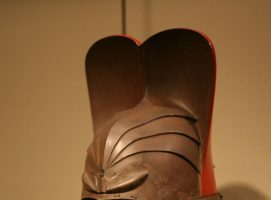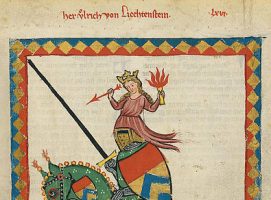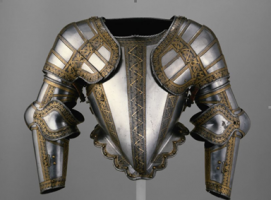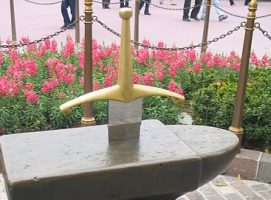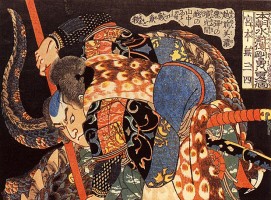Showing 5 articles
Living the Samurai Myth
Author: Shraddha ShettyOctober 14, 2020
The word Samurai originally meant ‘those who serve’, although individuals of this elite warrior class in medieval Japan were also referred to as Bushi, or warrior. And Bushido was the code of morality which the Samurai were meant to follow, not just in battle, but also in day-to-day activity. Speaking of this code in his [...]The Esoteric Aspect of Chivalry
Author: Julian ScottApril 2, 2018
The word ‘chivalry’ comes from the French ‘chevalier’, which means ‘knight’ or ‘horseman’. Symbolically, the horse represents the body and its associated energies and emotions, while the rider represents the higher self of the human being, the best and noblest part of ourselves. The knight is not perfect, but is on a path towards perfection. [...]Chivalry
Author: Niamh GallagherApril 19, 2016
Today, the terms chivalry and chivalrous are used to describe unusually courteous behaviour, especially that of men towards women. At the mention of chivalry, many women will sigh that “chivalry is dead” and lament the declining opportunities of being rescued by the fabled “knight in shining armour”. However, what do most of us truly know [...]In Search of Excalibur
Author: Harianto MehtaJanuary 26, 2016
Like all mythology, that of illustrious King Arthur has endured the test of time, transmitting essential eternal values that serve to inspire human civilizations of all ages. From its tale, it is not always easy to demarcate between elements of documented history and magical folklore, but perhaps in this very enigmatic characteristic lies the motivation [...]The Way of the Warrior
Author: Kurush DordiApril 26, 2015
“Chivalry is itself the poetry of life.” – Schlegel, Philosophy of History. Amidst the vibrant mythological tradition of Japan emerges an interesting story of creation that speaks of deities Izanami and Isanagi, who were instructed by the primordial gods to dip a spear into the celestial ocean. As they withdrew the spear, the drops that [...]